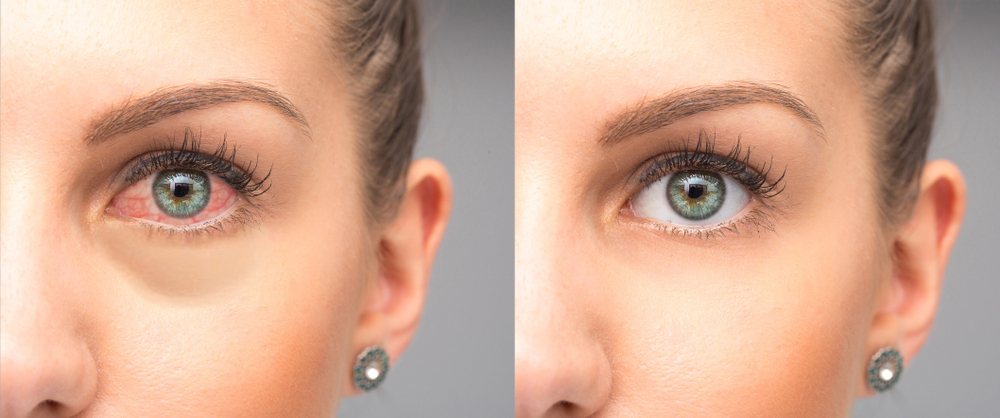
Pink eye, or conjunctivitis, is a highly contagious infection. Bacteria, viruses, or allergens can cause it. To prevent the spread of pink eye and other infections, practicing good hygiene and following infection control protocols is important. Here are some tips on treating and managing pink eye to reduce the risk of spreading the infection.
Can You Treat It at Home?
Most cases of pink eye can resolve without medical help. Generally speaking, it is possible to treat pink eye at home. Artificial tears may be purchased at most pharmacy stores without a prescription for relief. In addition, a cold compress is also very effective in reducing swelling and redness of the eyes. But if your pink eye becomes severe, it’s advisable to consult your eye doctor.
Preventive Measures
Conjunctivitis caused by both viral and bacterial infections is highly contagious. Practicing proper hygiene to avoid getting it or passing it on to others would be best. Here are a few easy steps to maintain cleanliness if you have pink eye:
You must frequently wash your hands for at least 20 seconds with soap and warm water. It’s crucial, especially before and after treating your infected eye with eye drops or ointment. Doing so will help reduce the chances of further contamination or worsening the infection.
Keep your hands away from your eyes. It is important to avoid touching or rubbing them as this can worsen the condition or spread it to your other eye.
Clean your hands thoroughly and use a clean wet washcloth or cotton ball to wipe away any discharge around your eye(s) several times daily. Dispose of cotton balls after a single use, then clean used washcloths with hot water and soap. Finally, sanitize your hands again with warm water and soap.
To avoid contamination or infection, you must use different eye drop dispensers for your infected and non-infected eyes.
Frequently wash pillowcases, sheets, washcloths, and towels in hot water with detergent. Additionally, ensure you always carefully wash your hands after handling those items.
Don’t use contact lenses until your eye doctor approves. Sometimes, such a thing may be unavoidable. In that case, always follow the steps recommended by your doctor for cleaning, storing, or replacing your contacts.
When cleaning your eyeglasses, avoid transferring germs to items that might have multiple people using them, such as hand towels.
Never share any personal items, such as pillows, towels, washcloths, contact lenses, and eyewear. Other items like eye drops, makeup, and makeup brushes should also not be shared for safety and hygiene reasons. Lastly, avoid swimming pools.
Since pink eye caused by an infection can spread easily, it’s essential to take certain preventative measures. Are your pink eye symptoms particularly bad? Eye pain or vision changes should not be ignored, as such symptoms may warrant prompt medical attention. Visit our team of experts today at Memorial Vision in Houston, Texas. You can call our office at (281) 496-1635 to schedule a consultation or to find out more about our services.









